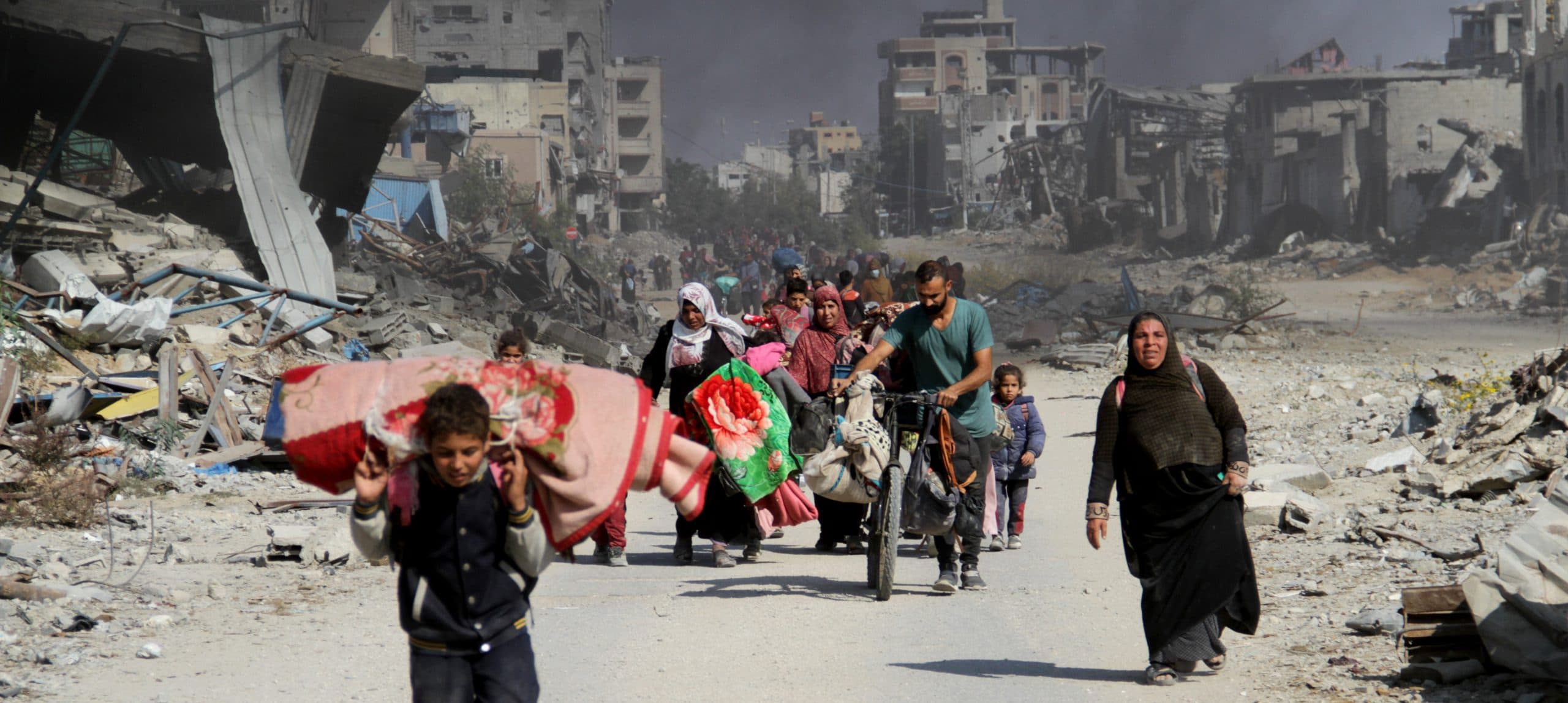Amnesty International Suspends Israeli Branch for Two Years Amid Disagreements Over Reports

Amnesty International has suspended its Israeli branch for a period of two years, effective January 2025, following significant disagreements over the chapter's alignment with the global organization's research and positions, particularly concerning reports on the Israeli-Palestinian conflict. The suspension also cites allegations of "endemic anti-Palestinian racism" within the Israeli branch.
Yariv Mohar, the former co-director of Amnesty’s now-defunct Israel section, commented on the broader implications of such internal conflicts, stating, > “This is what happens when you make human rights work more of a work about narrative.” Mohar's statement, shared by The Free Press, suggests a critique of human rights advocacy becoming overly focused on specific narratives rather than objective fact-finding.
The international board of Amnesty International indicated that the Israeli chapter had publicly discredited the organization's findings for several years. This included the Israeli branch's rejection of Amnesty's December 2024 report accusing Israel of committing genocide in Gaza, with the local chapter arguing that the evidence did not meet the stringent criteria of the Genocide Convention. Tensions also stemmed from Amnesty's 2022 report labeling Israel's treatment of Palestinians as "apartheid," which the Israeli chapter had criticized as "problematic" and "flawed."
Mohar, now co-leading the Pro-Human Campaign, has previously advocated for a more nuanced approach to human rights in the region. He suggested considering additional strategies beyond a "binary narrative" that frames Palestinians solely as victims and Israel as the oppressor, arguing that such a one-sided approach alienates potential allies and is ultimately less effective. The suspension highlights ongoing internal divisions within the human rights community regarding the complex dynamics of the Israeli-Palestinian conflict and the interpretation of international law.